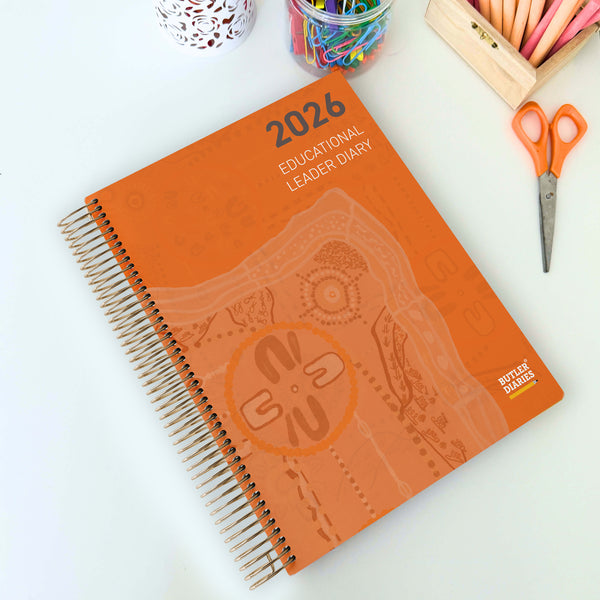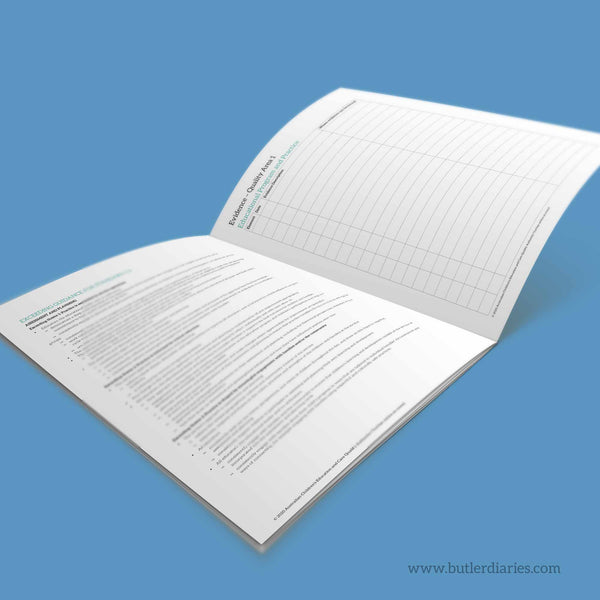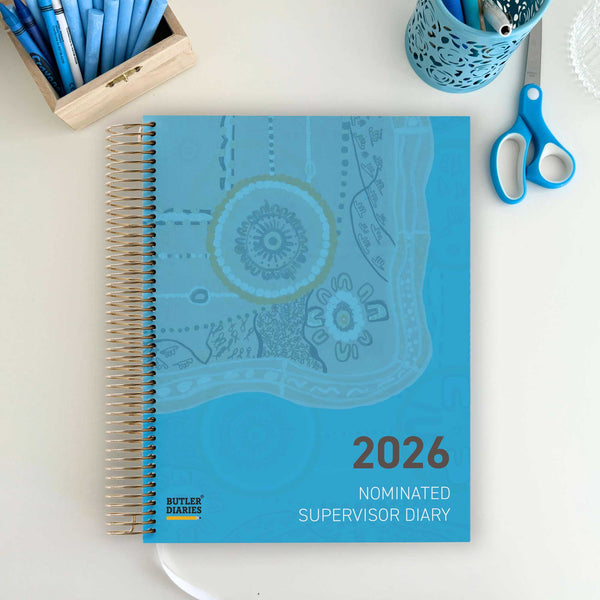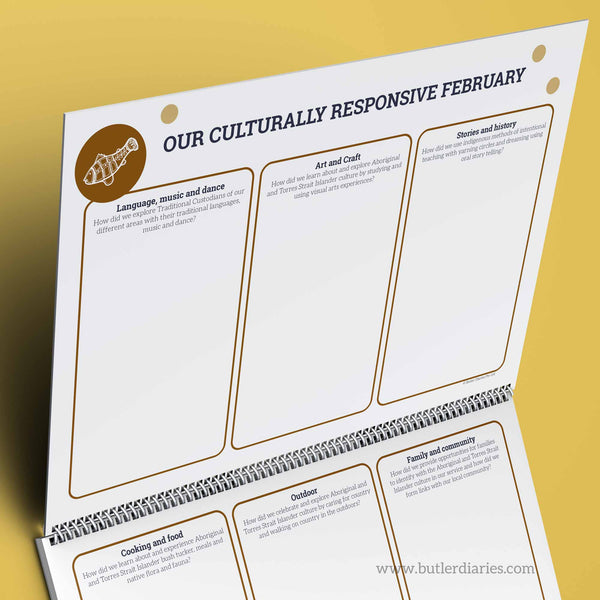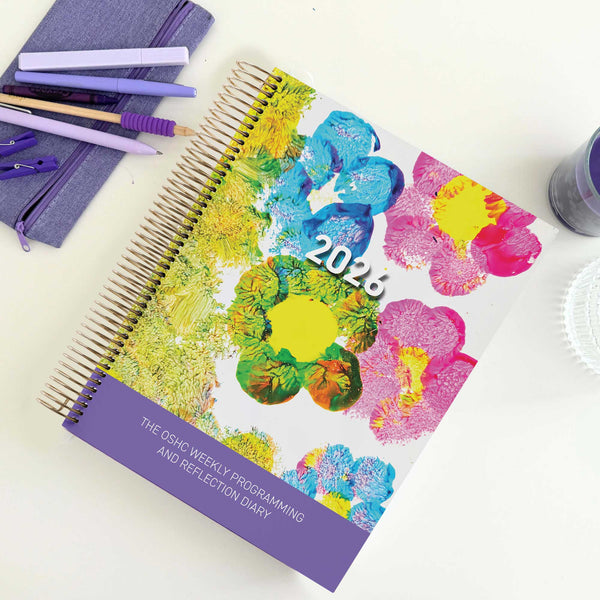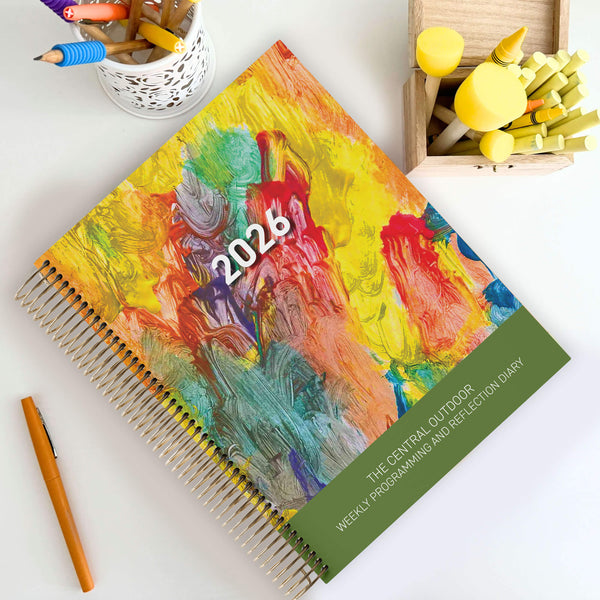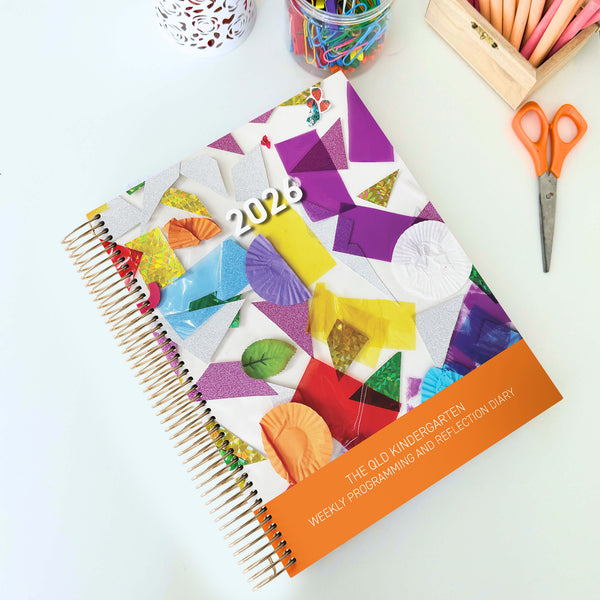As an Educational Leader in Early Childhood Education and Care (ECEC), it's crucial to have clear guidance to ensure you are fulfilling your role comprehensively. Your role is pivotal in shaping the educational practices and overall quality of the service. This guide provides clear directions on your expectations, responsibilities, and practical steps to effectively lead your team, ensuring the best outcomes for children in your care.
Download the free checklist at the end of the guide.
Start with the Below Educational Leader Bibles
National Quality Framework (NQF)
- NQS (National Quality Standard): Familiarise yourself with the NQS, particularly Quality Area 7, which focuses on leadership and service management. This will help you understand the expectations for educational leadership within your service.
- ACECQA Resources: The Australian Children's Education and Care Quality Authority (ACECQA) provides a wealth of resources, including guides, fact sheets, and case studies that outline best practices for Educational Leaders.
Early Years Learning Framework (EYLF) and My Time, Our Place Framework (MTOP) V2.0
- Reflective Practice: Use the EYLF and MTOP V2.0 to guide reflective practice within your service. Encourage critical reflection among educators to continuously improve the quality of educational programs.
- Programming and Planning: Ensure that your service’s programming aligns with the learning outcomes, principles, and practices outlined in the EYLF and MTOP. Regularly review and update your service’s philosophy and policies to meet the evolving needs of children. Use Butler Diaries Programming Educator Diary to record Educators program and reflections.

Our blog, Butler Buzz, is full of support on NQS and frameworks including free downloads, check it out for all your important topics covered.
Professional Development
- Workshops and Training: Participate in workshops and training specifically designed for Educational Leaders. This can provide you with up-to-date knowledge and practical strategies to lead your team effectively.
- Networking: Engage with other Educational Leaders through professional networks or online forums. Sharing experiences and strategies can provide valuable insights and support. Butler Diaries ECEC Support Network is a great place to start.
- Butler Diaries Training Portal: Visit the Butler Diaries Training Portal for training tailored to Educational Leaders and an Educational Leader Diary Guide. You can also check out the quick guide article here.
Butler Diaries Educational Leader Diary
- Diary Organisation: Utilise a role-specific diary, such as the Butler Diaries Educational Leader Diary, to document your responsibilities, reflections, and plans. This can help you stay organised and ensure you are meeting all aspects of your role. Ask your team to use Butler Diaries Programming Educator Diary to create consistent practice across your service and support your team to meet their expectations. Check out the Educational Leader Diary Guide here.
- Compliance and Documentation: The Educational Leader Diary can also assist you in maintaining comprehensive records, which are essential for demonstrating your leadership in supporting quality practices during Assessment and Ratings. The Exceeding NQS Evidence Summary is a great tool for recording your Evidence, check out how to use it in your Service.

Collaboration with Staff
- Mentoring: Actively mentor and support educators in their professional growth. Regularly provide feedback and create opportunities for collaborative planning and programming and encourage them to share what they've learnt with the team.
- Team Meetings: Hold regular team meetings to discuss programming, challenges, and successes. Use these meetings to reinforce the service’s philosophy and goals, ensuring everyone is aligned with best practices but also gather insight. One of our biggest sources of growth comes from sharing unique ideas and approaches.
Self-Assessment and Continuous Improvement
- Self-Assessment Tool: Regularly use self-assessment tools to evaluate your performance as an Educational Leader. This can help you identify areas for improvement and ensure you are meeting the NQS standards. Download the free checklist at the end of the guide and check out our Blog for more self-reflective resources and support.
- Continuous Improvement Plan: Develop and implement a continuous improvement plan that focuses on enhancing the quality of educational programs and outcomes for children.
Understanding the Role of an Educational Leader
Role and Expectations
As an Educational Leader, your primary responsibility is to lead the development and implementation of educational programs that align with the Early Years Learning Framework (EYLF) and My Time, Our Place Framework (MTOP) and meet the standards set out in the National Quality Framework (NQF). Your role includes:
- Guiding Educators: Providing support and mentorship to educators, helping them to critically reflect on their practices and continuously improve the quality of education.
- Collaborating with Staff: Ensuring that the entire team works together cohesively towards shared educational goals.
- Compliance with Standards: Overseeing the service’s adherence to the National Quality Standard (NQS), particularly in areas related to educational programming and practice.

Your role would look something like:
- observing educators’ practice
- collaborating with colleagues—individuals, teams, children, families, external organisations or agencies
- reporting to the leadership and governance teams on quality improvement as well as preparing documentation for the NQS, such as the Quality Improvement Plan
- mentoring/supporting individuals and groups
- planning for improvement actions
- researching practice and new ideas.
Key Responsibilities
Leading Curriculum and Educational Programs
- Alignment with EYLF and MTOP V2.0: Ensure that all educational programs are aligned with the EYLF’s principles, practices, and learning outcomes. This includes integrating play-based learning and considering the holistic development of children.
- Reflective Practice: Encourage educators to engage in reflective practice, critically assessing the effectiveness of their teaching strategies and making necessary adjustments.
- Inclusive Practices: Develop and implement inclusive educational programs that cater to the diverse needs of all children, including those with additional needs.
Mentoring and Supporting Educators
- Professional Development: Organise and participate in ongoing professional development opportunities for educators. This keeps the team updated on current educational practices and theories. Visit our Training Portal for training for you and your educators.
- Feedback and Reflection: Provide constructive feedback to educators on their teaching practices. Facilitate regular reflection sessions where educators can discuss their challenges and successes. Keep a record of these sessions in your Educational Leader Diary or similar.
- Building Capacity: Empower educators by delegating responsibilities and encouraging leadership within the team. This helps build a collaborative culture where everyone feels valued and motivated.

Compliance and Documentation
Adhering to the National Quality Standard (NQS)
- Quality Area 1 (Educational Program and Practice): Ensure that the educational program is stimulating, engaging, and enhances children’s learning and development. Regularly review the program to ensure it meets the needs of all children. Provide Educational Resources and support to help Educators meeting QA1.
- Quality Area 7 (Governance and Leadership): Demonstrate effective leadership by creating a positive organisational culture and supporting the professional growth of your team.
Documentation and Record Keeping
- Using a Role-Specific Diary: A tool like the Butler Diaries Educational Leader Diary can help you organise your tasks, reflections, and plans. It’s essential for maintaining comprehensive records that demonstrate your leadership in supporting quality practices. Learn how to use the Diary here.
- Compliance Documentation: Keep detailed records of all educational programs, staff reflections, and professional development activities. These records are crucial during Assessment and Ratings to showcase your service’s commitment to high-quality education.
Collaboration and Team Building
Facilitating Team Meetings
- Regular Discussions: Hold regular team meetings to discuss programming, share ideas, and address any challenges. These meetings should be a platform for collaborative decision-making and problem-solving.
- Shared Vision: Ensure that all staff members understand and are committed to the service’s philosophy and goals. This shared vision fosters a cohesive and motivated team.
Engaging with Families and the Community
- Building Partnerships: Establish strong relationships with families and the local community. Their input and involvement can enhance the educational program and ensure it is responsive to the needs of the children.
- Communication: Keep families informed about the educational program and the goals of the program. Regular communication helps build trust and supports children’s learning at home.
Continuous Improvement
Self-Assessment
- Use of Self-Assessment Tools: Regularly assess your performance as an Educational Leader using self-assessment tools. This helps you identify strengths and areas for improvement. Download the free checklist at the end of the guide and check out our Blog for more self-reflective resources and support.
- Feedback from Peers: Seek feedback from your colleagues and educators to gain different perspectives on your leadership style and effectiveness. Take advantage of our community of educators and Educational Leaders, Butler Diaries ECEC Support Network.

Developing a Continuous Improvement Plan
- Action Plans: Create action plans that address areas of improvement identified through self-assessment. These should be specific, measurable, and time-bound.
- Review and Reflect: Regularly review the progress of your improvement plans and make adjustments as needed. Continuous reflection ensures that your leadership practices evolve in response to changing needs.
Being an Educational Leader in ECEC is a dynamic and challenging role that requires a balance of leadership, collaboration, and reflective practice. By following this guide and utilising the resources available to you, including role-specific tools like the Butler Diaries Educational Leader Diary, you can lead your team effectively, ensuring that your service provides the highest quality education for children.
This guide offers a structured approach to your role as an Educational Leader, helping you navigate your responsibilities with confidence and clarity. By staying committed to continuous improvement and collaboration, you will foster a thriving educational environment that supports the growth and development of both children and educators.
Free Educational Leader Download: Educational Leader Checklist
This quick reference Educational Leader Checklist helps you check your practice aligns with NQS to ensure you are covering the core areas of the Educational Leader role.

- Download the Educational Leader Checklist for free by joining our Facebook Group
- Head here to join Butler Diaries ECEC Support Network
- Answer the questions and wait for approval (you must be a Butler Diaries customer to be approved).
- Once approved, download the Educational Leader Checklist from the 'Files' tab.
- Check out our other free downloads and start engaging with your fellow Butler Diaries community members!









